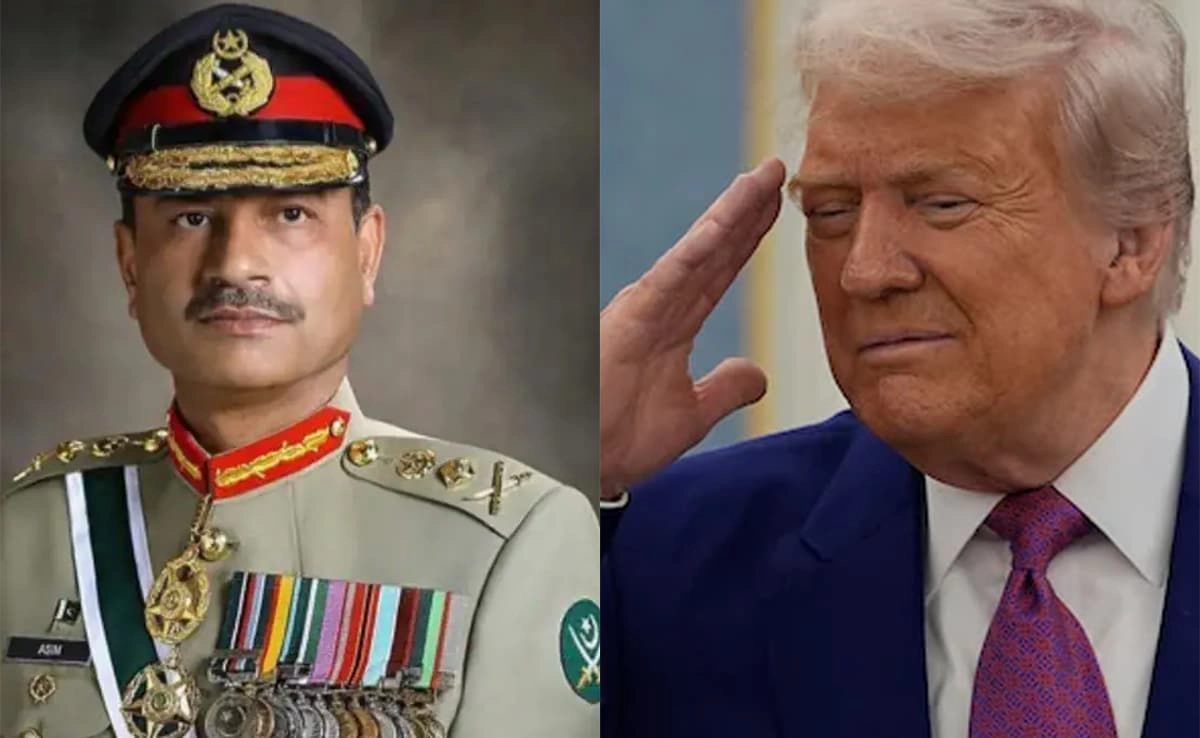In a recent statement that has garnered significant attention, former U.S. President Donald Trump described Pakistan’s Chief of Army Staff, General Asim Munir, as having praised him for his role in the truce between India and Pakistan. This remark not only highlights Trump’s perspective on international diplomacy but also underscores the complexities of the geopolitical landscape in South Asia. The relationship between India and Pakistan has historically been fraught with tension, marked by ongoing disputes over territory, particularly in the Kashmir region. Trump’s assertion implies that his administration played a crucial role in facilitating a dialogue that led to a reduction in hostilities between these two nuclear-armed nations.
Trump’s comments come at a time when the dynamics in South Asia are continuously evolving. The region has seen fluctuating relations, influenced by various factors, including internal politics, military developments, and international interventions. General Asim Munir’s acknowledgment of Trump’s efforts could suggest a potential shift in how military and political leaders in Pakistan view the United States’ role in fostering peace in the region. This praise could also reflect a broader recognition of the need for cooperative dialogue to resolve long-standing conflicts that have often escalated into violence.
Moreover, Trump’s remarks may resonate with his supporters and critics alike, as they reflect his characteristic style of emphasizing personal relationships in diplomacy. While some may interpret his comments as an exaggeration of his influence, others could view it as an indication of the importance of strong leadership in resolving international disputes. The implications of such statements extend beyond mere rhetoric; they contribute to the narrative of U.S. involvement in South Asia and the ongoing quest for stability in a region that has been a flashpoint for global security concerns.
In essence, Trump’s portrayal of General Munir’s praise serves as a reminder of the intricate interplay between military leadership and political diplomacy. As the world continues to grapple with challenges that require collaborative solutions, the emphasis on dialogue and mutual recognition will be critical. The India-Pakistan relationship remains a pivotal issue not only for the countries involved but also for the international community, which has a vested interest in promoting peace and security in this volatile region.




